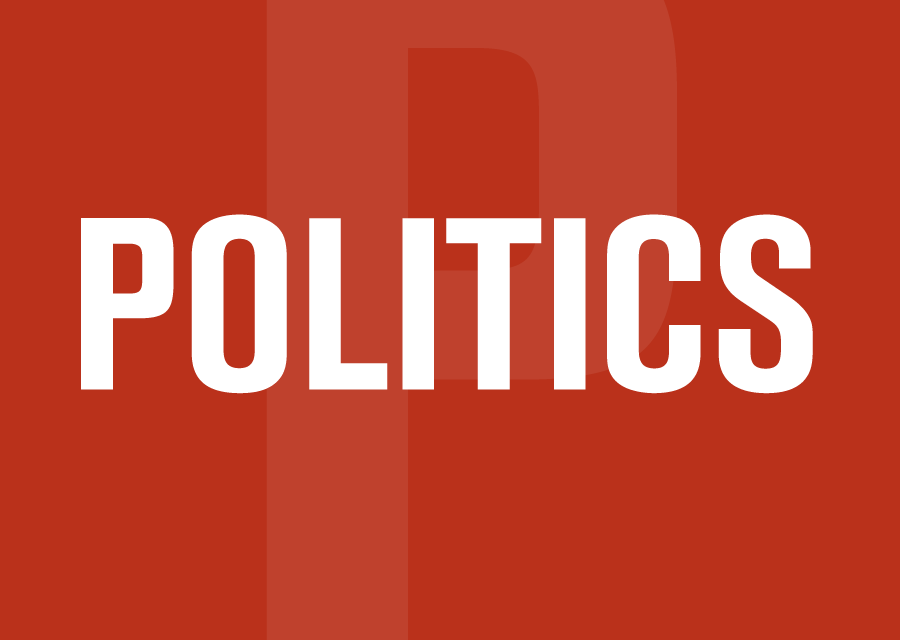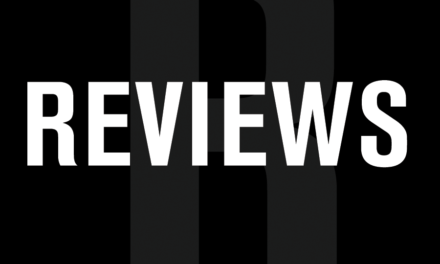With the federal budget debate finally getting going last week the Trudeau Liberals managed to change the channel on the SNC-Lavalin soap opera.
Unfortunately for them, the long-anticipated new channel was showing mostly re-runs.
There was something very familiar about this year’s budget, almost certainly the Liberals’ last one before the next federal election. Tabled March 19 amidst school yard heckling from the Conservatives and left hanging by the SNC-Lavalin furor, it was – like the previous three – long on glitter but short on substance. One difference was that unlike the reaction to budgets 2016 through 2018, the media took note. One commentator on the CBC compared the concoction served up by Finance Minister Morneau to tapas, the Iberian-inspired snack menu. Continuing on the gastronomic theme, the Chronicle-Herald observed that in trying to please most everyone the Liberals “spread the election butter too thinly.”
I’ve been harping on the thin gruel in Liberal budgets for years . Even the first one in 2016 was a bit of an anti-climax because the most notable reforms had already occurred months earlier. The middle class tax cut was passed and details of the Canada Child Benefit were revealed in December, 2015. My examination of those measures can be found here.
As tainted as those early days measures were, they can at least be quantified, as the Liberals continue to do. They cite the 900,000 jobs created since they took office and claim that because of their tax and transfer policies a typical family is better off by $2,000 and 825,000 Canadians have been lifted out of poverty. But the three budgets since 2016 have contained a lot of vagueness, as summed up by Ontario Conservative Marilyn Gladu.
“Each budget tends to have its own flavour, and I like to give them nicknames. In 2016, it was a shopping spree budget. In 2017, it was a virtue-signalling budget. In 2018, it was a nothing burger budget. If I had to give a name to the 2019 budget, I would call it the recap budget.”
Familiar lines
The Liberals are not the only ones recapping. The Conservatives sang a familiar tune during the budget debate, bemoaning the carbon tax and the Liberals’ failure to keep a promise to run only modest deficits before balancing the budget this year. As per usual, while expressing deep concern about the public debt to be borne by future generations, the Conservatives seemed unbothered by those generations’ environmental legacy.
The New Democrats also harped on the broken promise theme, but from quite a different perspective. The party’s newly-appointed, youngest-ever critic for finance, 27-year-old Quebec MP Pierre-Luc Dusseault, called it a budget of half-measures on issues like pharmacare, climate change and housing – all the result of the Liberals’ failure to take on corporate power. As Dusseault put it:
“Canadians are going to have to chose people who will stand up to big oil and the multinationals which try to get everything they want from the Prime Minister’s office.”
Exposure of the collegial relationship between the PMO and SNC-Lavalin has the Conservatives competing with the NDP to talk tough about big corporations. Both parties were in high dudgeon after last week’s announcement of a $12 million grant to Loblaws for energy-efficient fridges. And the Conservatives have made much of the fact that big industrial polluters are subject to GHG emission controls instead of the carbon tax imposed on everyday Canadians.
Unless one or other of the parties decide to do a reset, the budget debate can be seen as a dress rehearsal for the election campaign that has already begun, with the Liberals positioning themselves as the cosmopolitan neoliberal bulwark against populism of the left and right.
For local consumption
So far, little has been said of particular interest to voters in Atlantic Canada, faced with deciding how many of the region’s 32 Liberal seats to turn over. The only mention in the budget was about Atlantic ferry services – “we will extend support for existing services and look to procure three new modern ferries.” Not a wow, that.
While Conservatives advocated for pipelines in the west and Conservative and NDP members from Quebec advocated high-speed rail, compensation for dairy farmers and a new bridge for Quebec City, the two Liberal MPs from Nova Scotia who spoke were, naturally, full of praise for the government’s accomplishments.
Darrell Sampson, who knocked off NDP military veterans’ champion Peter Stoffer in 2015, touted all of the good things the Liberals are supposedly doing for vets. For his part, Darren Fisher spoke about the 900,000 jobs created across the country since 2015 and named dozens of businesses (many of which I patronize) in his Dartmouth-Cole Harbour riding. It was a clever way to conceal the fact that, as reported here, less than 2,000 of those purported 900,000 jobs have been created in Atlantic Canada.
If Fisher’s contribution to the budget debate is anything to go by, the Liberal pitch on the Atlantic economy will consist of substituting boosterism for Stephen Harper’s infamous misspeak about the region’s “culture of defeat.” To quote Fisher:
“Atlantic Canada, Stephen Harper believed, was a culture of defeat. I can say first-hand that Atlantic Canadians are proud and hard-working. They are innovators and, in fact, game-changers. Atlantic Canadians overwhelmingly stood up against Stephen Harper’s disdain for their region and sent a strong message in 2015 that they had had enough. We will not forget how the Conservatives treated Atlantic Canada.”
Perhaps the Conservative fact-checkers will not forget that, rhetoric aside, there was a lot more job growth (about 35,000) in the region during those years of mistreatment than there has been since the benevolent Liberals came to power.
Health transfers missing
The budget debate still has some time to run – including committee hearings -before the document comes to a vote in June. This is fortunate because very little has been said so far about a major issue facing this part of the country, health transfers.
As discussed most recently here, the Parliamentary Budget Office has been saying for years that provincial governments face uncertain fiscal futures because of demographics, health costs and changes in the federal transfer system. Those pessimistic forecasts emerged mainly because of a new formula for health transfers introduced by the Harper Conservatives and continued, with just minor tweaking, under the Liberals. An improved system of health transfers is especially important for provinces like Nova Scotia with an older population and limited fiscal capacity.
In 2015, the NDP was the only major party to promise continuation of the six-per-cent a year increases that had been the pattern since 2004. The fact that, for its trouble, the NDP finished a distant third when votes were counted may explain why no major party is rushing to tackle the health transfer issue in the lead-up to the 2019 election. Perhaps health care and civil society groups, outspoken on issues like demographically-based health transfers before the 2015 election, will step up and fill the void. That would be a welcome addition to the debate.
-30-





